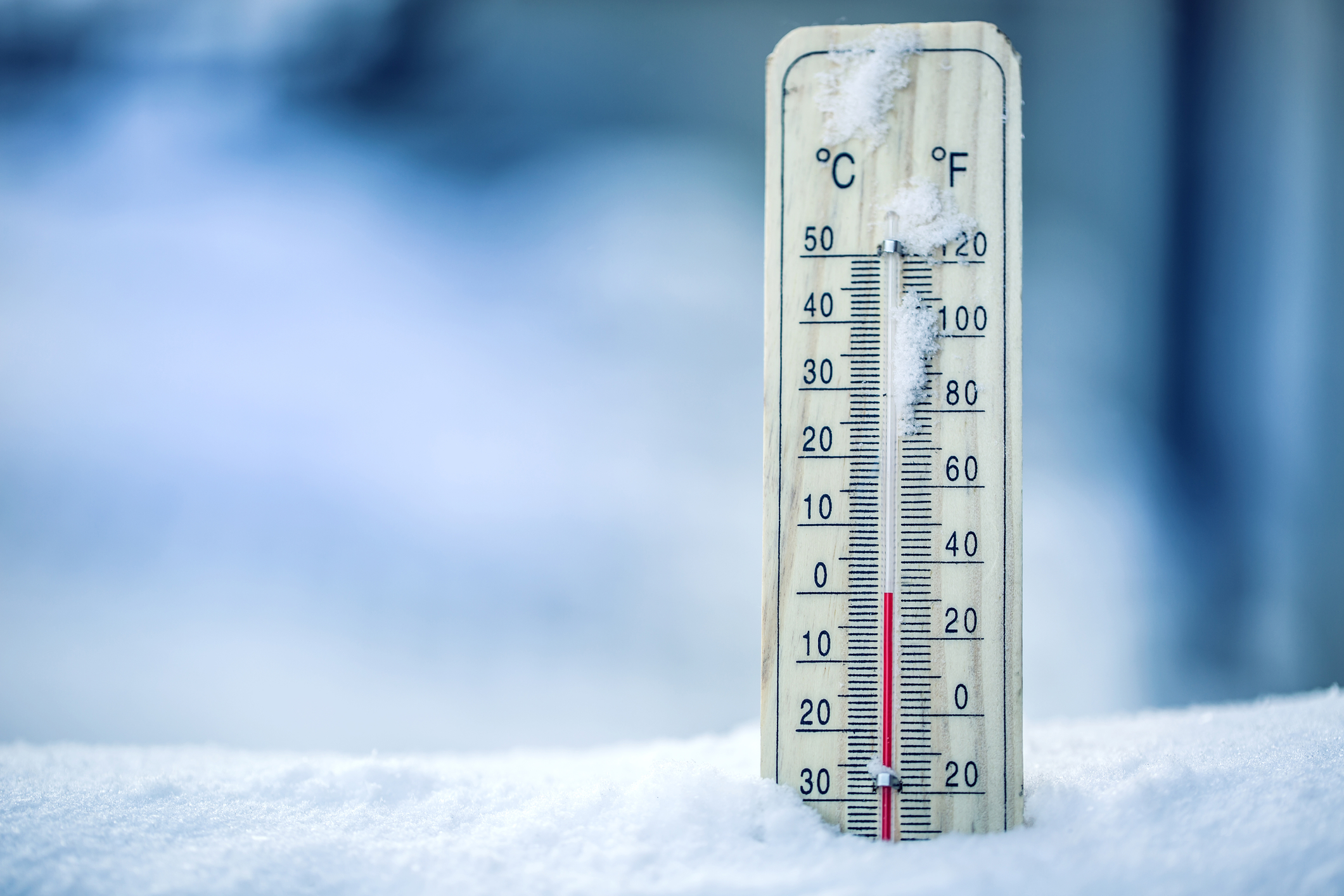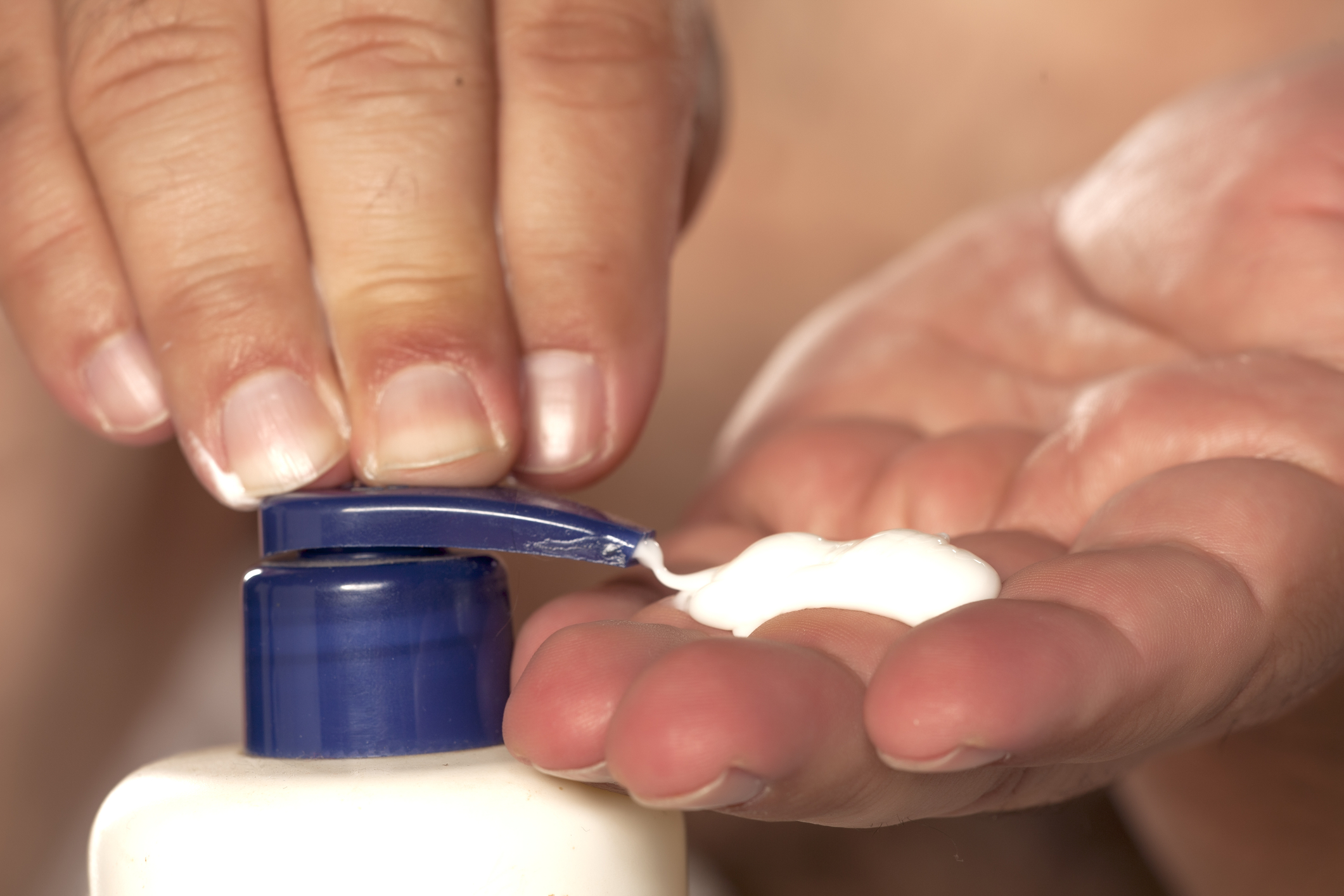7 Tips For Managing Eczema In The Winter
Winter as a Stressor

In a 2001 volume of the International Journal of Biometeorology, eczema-afflicted patients in Davos, Switzerland were observed under fifteen different meteorological conditions. The study found that in patients with atopic eczema, a certain range of thermo-hygric atmospheric conditions with a balance of heat and water loss on the skin surface is essential for the skin to feel comfortable. In layman’s terms, the skin feels best when the climate is appropriately balanced. As the temperature drops, humidity drops with it. Through the process of osmosis (the movement of water molecules to balance hydration), skin dries out when it makes contact with even drier air. Since eczema already causes dry skin, contact with dry air exaggerates this discomfort. Therefore, it is essential to use topical products that both replenish the skin’s moisture and aid in moisture retention.
What Do Doctors Say About Moisturizers?

Moisture and anti-inflammatory creams are key. Researchers at Johns Hopkins University have extensively studied eczema treatments, and they recommend a hydrocortisone cream in place of regular lotion. In addition to its moisture contents, hydrocortisone has a steroidal anti-inflammatory agent that soothes the skin and aids in healing. Apart from using cream, the Johns Hopkins guide recommends using a petrolatum-based ointment that, rather than being entirely absorbed by the skin, sits on the surface of the skin and acts as an artificial barrier. The National Eczema Association also recommends a skin barrier cream infused with lipids and ceramides that imitate those naturally found in skin. When those elements are well-stocked, moisture is locked in, and the symptoms of eczema lessen significantly.
